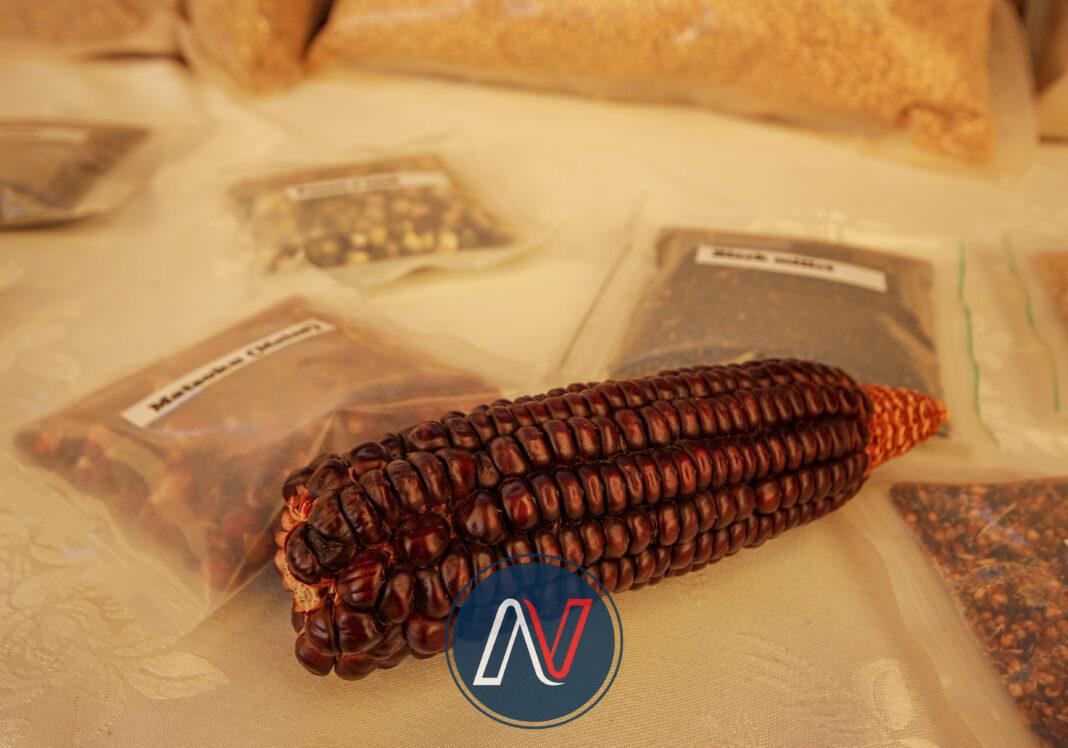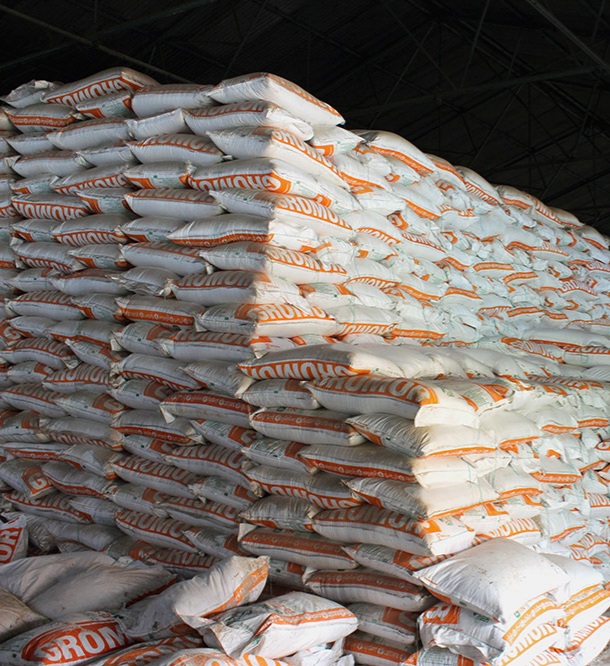Kabelo Masoabi
On September 21, farmers from across the Qacha’s Nek district came together to embrace the strength of local seeds during an event that united organic farmers for a better future.
The Southern Mountains Association for Rural Transformation and Development (SMARTD) supports this initiative as a financial sponsor and partners with local farmer clusters, and the annual seed festival celebrates traditional climate-resilient seeds and farm produce through a seed fair displaying a diversity of locally grown seeds.
According to the Programme Coordinator at SMARTD, Fako Faku, the festival is an annual celebration that started in 2014 to honour traditional seeds and encourage local farmers to invest in them.
Since then, Faku showed it has grown from strength to strength, drawing a large number of organic farmers and promoters of local seed varieties every year.
“The event brings together farmers, environmental activists, agriculture scientists, conservationists, and supports organisations to conserve local seed varieties.,†he explained.
Speaking at the event, the Organic Livestock Officer, Ntšoebe Mosoeu charged that indigenous seeds and crops are disappearing amidst the arrival of foreign commercial seeds.
He said local seeds are crucial for sustainable, resilient, and climate-friendly farming.
“Our objective is to keep seed banks clean and safe for preserving local seeds and expand their production and to encourage more women to engage in this project because we want them to feed their families organic nutrition,†Mosoeu said.
He added, “The other objective is to increase agricultural productivity by using climate-resilient native seeds. Today local farmers have sown, saved, and shared rich diverse seeds, which are a central part of their lives, livelihoods, and celebrations.
“Native seeds are more genetically diverse and are resilient to harsh climate conditions,†he stressed.
The Director of SMARTD, ‘Matlotliso Phooko, on her part, indicated that the quality of seeds used in farming is essential in attaining a higher crop yield.
She added it is also important to achieve sustained growth in agricultural production hence they are currently engaged in collaboration research with the National University of Lesotho and the Lesotho Agricultural College to establish how local seeds can be advanced.
“Today’s event showcases our ability as SMARTD to assist local farmers in producing and selling organic seeds and generate sufficient nutritious food for the nation,” she explained.
As many as over 50 native varieties of seeds were showcased.
Beans, peas, maize, popcorn, sunflower, fruit and potatoes were some of the seed variations on display.
Outside of sharing knowledge, participants also talked about how organic seeds save water.
Farmers showed that irrigation needs went down when native seeds were used.
While regular varieties may need to be irrigated two hours daily four days a week, a native variety may only need irrigation for two hours twice a week, farmers said.
A highlight of the show was an exhibition where farmers and extension agents shared information on seed diversity, performance and benefits including a demonstration by extension agents on how conservation agriculture is administered.
The annual one-day festival is patronage by not only the government and the higher learning institutions but also by other non-government organisations.
It is observed as one of the largest seed exchange programmes across the country.
From the Transformation Resource Centre, Tsikoane Peshoane appealed to the government to ascertain the continuity of community projects should the funders withdraw their support.
“For community projects to survive, it is also the responsibility of the government which we pay taxes to for the benefit of communities,” Peshoane pressed.
Ministry of Agriculture, Food Security and Nutrition Officer, Lekhetho Tlali, indicated that Lesotho’s food security is at very low levels.
He stressed that Basotho need to up-scale their own seed production in order to increase the availability of food.
The move, he said would also help in the creation of seeds that conform to the country’s climate and ensure the availability of seeds in storage at the time of sowing.
Summary
- The Southern Mountains Association for Rural Transformation and Development (SMARTD) supports this initiative as a financial sponsor and partners with local farmer clusters, and the annual seed festival celebrates traditional climate-resilient seeds and farm produce through a seed fair displaying a diversity of locally grown seeds.
- According to the Programme Coordinator at SMARTD, Fako Faku, the festival is an annual celebration that started in 2014 to honour traditional seeds and encourage local farmers to invest in them.
- The move, he said would also help in the creation of seeds that conform to the country’s climate and ensure the availability of seeds in storage at the time of sowing.

Your Trusted Source for News and Insights in Lesotho!
At Newsday Media, we are passionate about delivering accurate, timely, and engaging news and multimedia content to our diverse audience. Founded with the vision of revolutionizing the media landscape in Lesotho, we have grown into a leading hybrid media company that blends traditional journalism with innovative digital platforms.







